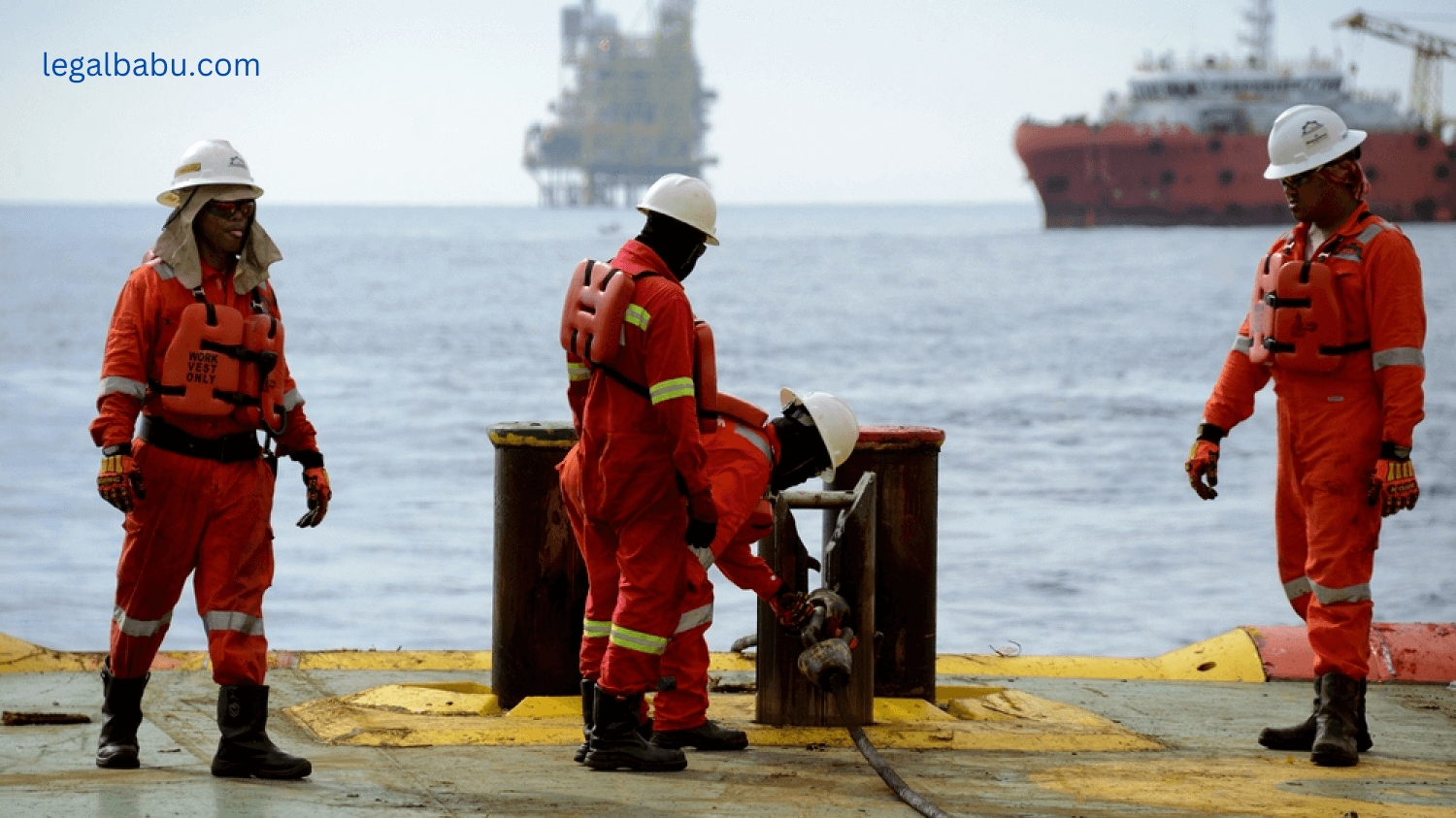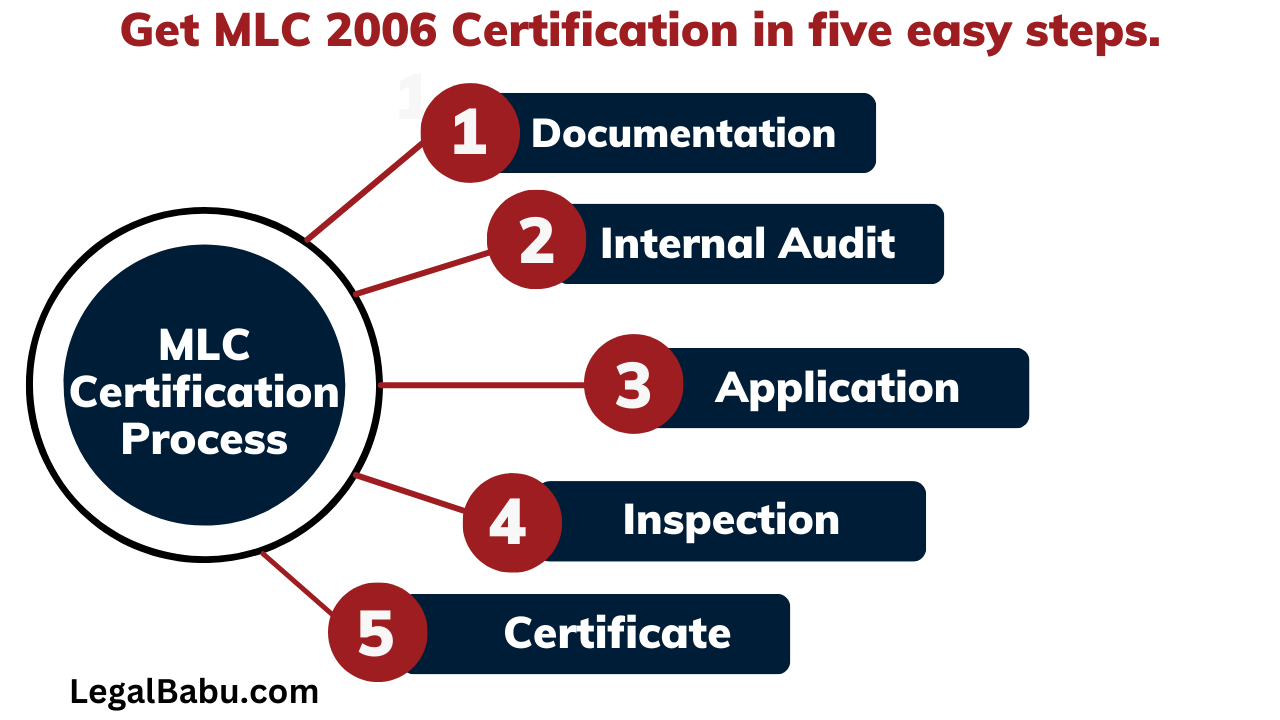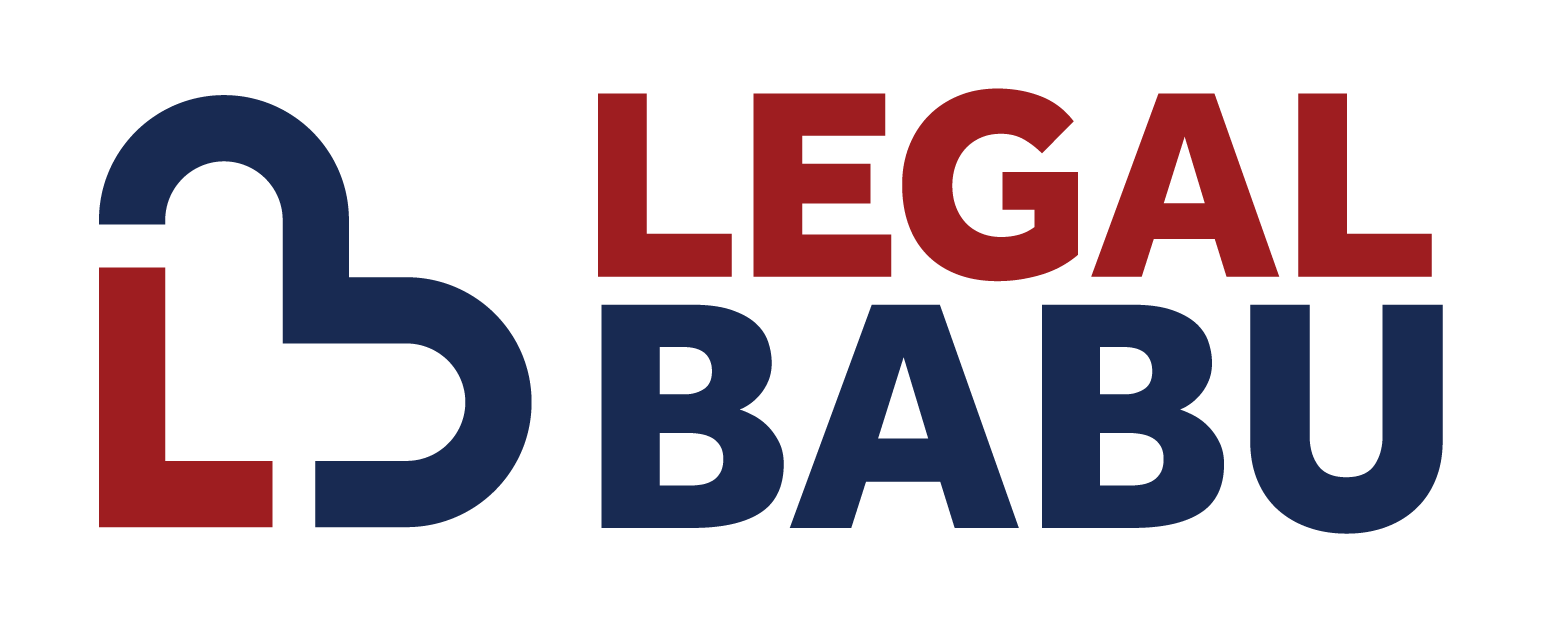What is an MLC certificate?

The Maritime Labour Convention 2006 (MLC 2006) is an international standard that applies to shipping companies. If you provide seafarer recruitment and placement services, you have the opportunity to engage in the MLC Certification Process and apply for an MLC certificate for your company. Specifically, MLC 2006, Regulation 1.4 certification becomes a requisite for crewing agencies, and manning agents must possess an MLC certificate.
MLC 2006 Regulation 1.4 plays a crucial role in governing the operation of seafarer recruitment and placement services, particularly within the private sector. The International Labour Organization (ILO) introduced the Maritime Labour Convention, 2006 (MLC 2006) with the aim of establishing a comprehensive framework for safeguarding seafarers' rights encompassing living standards, safety precautions, employment conditions, health provisions, and social security.
MLC 2006-certified crewing agencies earn increased trust and confidence from ship owners and seafarers alike.
The MLC certificate has proven exceptionally effective and invaluable, especially for seafarers seeking employment opportunities on ships sailing under foreign flags. It serves as a shield of protection for seafarers in challenging situations where shipping companies may falter in meeting their obligations under these standards. The MLC Certification Process, therefore, stands as a vital gateway for crewing agencies to uphold the principles and safeguards outlined within MLC 2006.
Legal Babu is the leading MLC certification consultant serving globally
Who is covered by the MLC 2006?
MLC 2006 covers all seafarers employed, engaged, or working in any capacity on a ship covered by the Convention. This includes not only the crew in charge of navigating or operating the ship but also the hospitality staff, riding squad, and maritime security officers.
MLC 2006 applies to all RPSL companies, crewing agencies, technical management companies, shipping companies, non-seafarers license holder companies, and all registered commercial ships, regardless of the flag state they belong to.
MLC 2006 does not apply to
- Ships that only operate on inland waterways.
- Ships operating in waters where only port regulations apply.
- Ships engaged in fishing operations.
- Traditional-style ships.
- Naval ships and warships
The provisions of the MLC 2006 are directed at member countries that have either public or private seafarer recruitment and placement services operating in their territories. The MLC 2006 requires the establishment of a system for regulating crew-manning companies as well as the execution of specified matters in the form of laws, regulations, or other measures. DG Shipping is responsible for ensuring compliance with and implementation of MLC 2006 provisions in India.
It is mandatory for all types of commercial vessels of 500 GRT (gross registered tonnage) and above that trade globally to carry an MLC 2006 certificate and a Declaration of Maritime Labour Compliance (DMLC) to demonstrate that the ship complies with all of the convention's guidelines.
Vessels over 500 GRT must carry the “MLC certificate," whereas vessels under 500 GRT are issued a “statement of compliance” and are encouraged to voluntarily comply with the guidelines.
Who issues an MLC certificate?
The flag state either performs the certification process itself or appoints a recognized organization (RO) to do so. The process includes inspection and operational verification. In most cases, recognized organizations are service providers acting on behalf of flag states. IRQS Certification, Rina Certification, Euro Certification, BV, and Lloyd are some of the popular inspection authorities that issue MLC certificates to crew-manning companies. MLC certificates issued by these inspection bodies are widely recognized and accepted all over the world.
What is the validity of the MLC certificate?
Ships: For vessels undergoing flag change, a provisional or interim MLC certificate is issued with a 6-month validity period that can be extended for another period of 6 months. After the vessels have been inspected, a full-term MLC certificate is issued for a maximum of 5 years.
Companies: A MLC certificate is issued to crewing agencies for a period of three years, subject to the successful completion of annual audits.
What are the MLC regulations that a crew-manning company needs to follow?
A crew-manning company must adhere to various compliances under MLC (Maritime Labor Convention) regulations. Some key ones include:
- Obtain an MLC certificate: Crew-manning companies must obtain an MLC certificate from a reputed certifying inspection body. This certificate is proof that the company complies with the MLC regulations.
- Seafarer Recruitment and Placement: The crewing agency must be registered with the flag state, and the company must have a valid trade license or a RPSL license to operate a seafarer recruitment and placement service. Similary, a shipping company must have a valid DOC license.
- Fair recruitment practice: ensuring fair recruitment and placement practices for seafarers, which includes verifying qualifications, providing employment agreements, and not charging recruitment fees to seafarers.
- Seafarer Employment Conditions: Providing seafarers with decent working and living conditions, including safe and hygienic accommodations, proper medical care, and adequate food.
- Wages and Benefits: paying seafarers wages as agreed upon in their employment contracts and ensuring timely payment without any unauthorized deductions.
- Working Hours and Rest Periods: Managing seafarers' working hours, rest periods, and leave in accordance with MLC regulations to prevent overwork and fatigue.
- Health and Safety: Maintaining a safe and healthy working environment, conducting safety drills and training, and providing appropriate safety equipment.
- Social Security: offering social security protection to seafarers, which may include access to medical care, disability benefits, and pension schemes.
- Repatriation: ensuring that seafarers have access to repatriation services at the end of their employment contracts.
- Complaints and Grievances: Establishing procedures for seafarers to lodge complaints and grievances and ensuring their confidentiality and fair resolution.
- Documentation and Record-Keeping: Maintaining accurate records and documents related to seafarers' employment, contracts, and compliance with MLC regulations.
- Reporting and Inspections: cooperating with government authorities and allowing for inspections to verify compliance with MLC standards.
These are some of the core compliances that crew-manning companies need to follow under MLC regulations. The specific requirements may vary depending on the flag state and the nature of the company's operations. It's essential for crew-manning companies to stay updated with MLC regulations and ensure full compliance to protect the rights and well-being of the seafarers they employ.
In addition to these compliances, crew-manning companies should also follow the best practices in the industry. These best practices include:
- Conducting background checks on all seafarers before they are placed on a ship.
- Providing seafarers with training on safety and security procedures.
- Ensuring that seafarers are paid on time and in full.
- Providing seafarers with access to shore leave.
By following the MLC regulations and best practices, crew-manning companies can help to ensure that seafarers are treated fairly and have decent working and living conditions.
What is the procedure for getting MLC certification?

Ships: Ship owners must file a Declaration of Maritime Labor Compliance (DMLC) with their flag state. Following a series of inspections, paperwork, and approvals, the flag state will issue the MLC Certificate to the fleet registered under its flag.
Crewing agencies: Crewing agencies or manning agents seeking MLC certification should contact a reputable consultant with extensive knowledge of the marine industry. The consultant examines the existing recruitment process and system to determine if it meets the requirements of the MLC 2006 provisions, highlighting deficiencies and shortcomings. Once the consultant is satisfied with the processes, the crewing company is advised to approach the certification body, which in turn appoints a competent auditor who is accountable for ensuring strict compliance with regulations. An MLC 2006 Regulation 1.4 certificate is issued to the crewing agency upon completion of the inspection. If any flaws are found, the auditor has the authority to recommend that the certification be revoked.
Steps involved in MLC 2006 certification for crewing agencies:
- Contact a reputable consultant: The first step is to contact a reputable consultant with experience in the maritime industry. The consultant will be able to help the agency understand the requirements of the MLC 2006 and develop a plan to achieve compliance.
- Review the recruitment process and systems: The consultant will review the agency's recruitment process and systems to see if they meet the requirements of the MLC 2006. They will look at things like the agency's policies and procedures, forms, formats, recordkeeping, and training programs.
- Identify gaps and shortcomings: The consultant will identify any gaps or shortcomings in the agency's recruitment process and systems. They will make recommendations for how the agency can improve its compliance with the MLC 2006.
- Approach the certification body: Once the consultant is satisfied with the agency's processes, they will advise the agency to approach the certification body to carry out MLC certification.
- Appoint a competent auditor: The certification body will appoint a competent auditor to inspect the agency's compliance with the MLC 2006. The auditor will be an independent expert who has experience in the maritime industry.
- Issue the certificate: If the auditor is satisfied with the agency's compliance, they will issue the agency with an MLC 2006 Regulation 1.4 certificate. The certificate is valid for three years and must be renewed after that time.
- Stay Compliant: Continuously check and improve to ensure you're always following MLC 2006. This guarantees that your agency consistently meets the requirements and provides excellent service to seafarers.
Why is an MLC certificate important?
There are many advantages to being an MLC-certified company:- It fulfills the mandatory requirements of the regulatory body.
- MLC 2006-certified companies attract more seafarers seeking employment.
- Gain credibility and reputation in the marine industry.
- Due to flag state requirements, the majority of ship owners are required to source crew only from MLC-certified crewing agencies.
- It helps in establishing a standard seafarers' recruiting procedure.
- Help in obtaining tenders from government agencies and international shipping companies to supply manpower.
What are the documents required to apply for MLC certification?
The following documents are required to seek MLC 2006 approval:- Company incorporation certificate
- Trade license
- Organization and crewing team details
You may download MARITIME LABOUR CONVENTION, 2006, as amended, including Including 2022 amendments
FAQS
Have questions about MLC certification?
We have got you covered:
-
What is the difference between MLC and DMLC?
DMLC is a Declaration of Maritime Labour Compliance that ship owners must submit to their flag state in order to obtain an MLC certificate for their vessel. MLC 2006 is also known as a Maritime Labour Convention certificate.
- Do I need to obtain any other certification for a crewing agency?
- How often does a ship need to be certified for MLC compliance?
- What happens if a ship is found to be non-compliant with the MLC?
- How can a shipowner apply for MLC certification?
- Can a ship operate without MLC certification?
- Can a crewing agency operate without MLC certification?
- We are a crew manning company that supplies crew to ship owners whose vessels flags are not ratified under MLC 2006. Do we still need MLC certification?
- Do we require MLC certification if we recruit marine security officers, hospitality and entertainment crew, and maintenance technicians for our ship owners ships?
- What services does Legal Babu offer to crew manning companies to help them stay compliant with MLC regulations?
